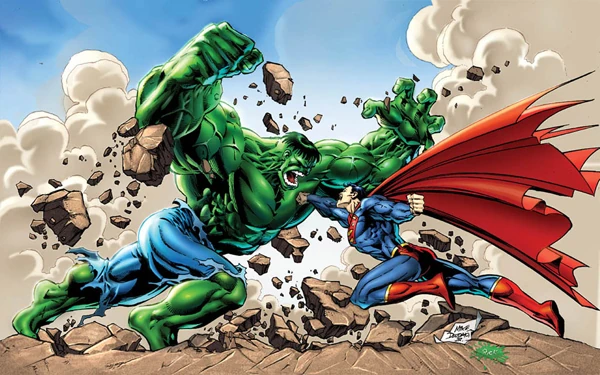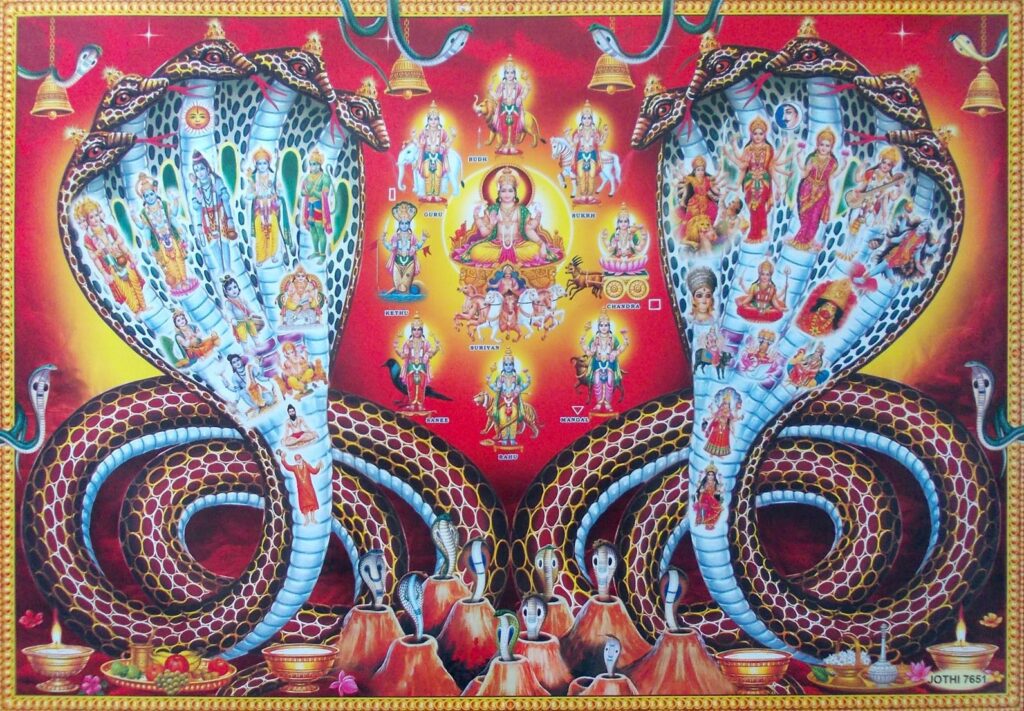Significance of Milad un-Nabi
Written by Sneh Chaudhry on October 2, 2023
Milad-un-Nabi holds immense significance for Muslims globally as it commemorates the birth of the Prophet Muhammad, the central figure in Islam. This occasion goes beyond a mere celebration; it serves as a moment of deep reflection on the life and teachings of the Prophet.
Muslims use this day to rekindle their faith, seeking inspiration from his exemplary character, wisdom, and compassion. It’s a time for increased devotion, unity, and spreading goodwill. Additionally, Milad un-Nabi reinforces the message of peace, love, and empathy, promoting harmony within the Muslim community and fostering a better understanding of Islam’s core values among people of different beliefs.
Milad un-Nabi, also known as Mawlid al-Nabi, is a significant Islamic holiday that commemorates the birth of Prophet Muhammad. Muslims around the world observe this event with great reverence and joy. The history of Milad un-Nabi dates back to the early days of Islam when the birth of the Prophet was not commonly celebrated. It gained prominence later, with diverse cultural and regional variations in its observance.
The holiday typically falls on the 12th day of Rabi’ al-awwal, the third month in the Islamic lunar calendar. On this day, Muslims engage in various activities, including special prayers, gatherings, and recitations of the Quran.
Additionally, many communities organize processions, lectures, and charitable events to honour the life and teachings of the Prophet Muhammad. As in previous years, Milad un-Nabi will serve as a moment of reflection, unity, and spiritual connection for Muslims worldwide, fostering a deeper understanding of their faith and the values upheld by the Prophet.
Since it started in Egypt, the earlier celebrations were preceded by Muslim prayers, statements by the ruling clan, narrations of verses from the Holy Quran, and a huge public feast. The reigning clan was revered because its members were thought to be Caliphs, who were regarded as Muhammad’s representatives.







